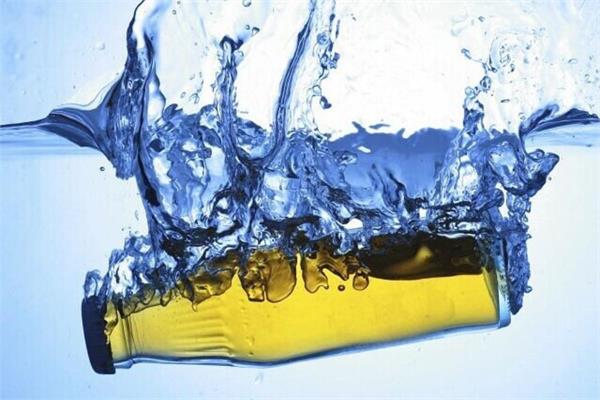
This initiative strengthens Arkema’s role in helping customers transition to more sustainable practices.
Since 2023, Arkema has partnered with Carbone 4 – a consultancy specialising in low-carbon strategies – to help its customers improve their environmental performance. This collaboration supports the Group’s commitment to offering sustainable solutions that contribute to a low-carbon industrial future.
As part of this drive, Arkema has implemented the Net Zero Initiative (NZI) methodology, developed by Carbone 4 in cooperation with the World Business Council for Sustainable Development (WBCSD). This internationally recognised framework, in place since 2018, provides a rigorous and transparent approach to measuring avoided emissions – emissions that would have occurred in a standard scenario but are prevented thanks to a more innovative solution.
The NZI methodology equips companies with a common language and practical tools to assess their climate contributions and advance towards global carbon neutrality. By integrating this methodology, Arkema aims to support customers in quantifying the environmental benefits of its products and accelerating their own sustainability transitions.
“The Avoided Emissions methodology allows us to evaluate the positive climate impact of our innovative solutions. It's not only about lowering greenhouse gas emissions compared to market alternatives, but also about actively supporting our customers with more responsible and high-performing technologies,” has stated Emmanuelle Bromet, Group Sustainable Development Manager at Arkema.
With the introduction of the NZI methodology in 2023, Arkema began assessing the climate benefits of its Kercoat® range – protective coatings that boost the durability and reuse potential of glass bottles. Based on Arkema’s analysis of current bottling practices and standard market benchmarks, the use of Kercoat® can help customers reduce CO₂ emissions by up to 30%, compared with returnable bottles not treated with the coating. Over the lifecycle of several hundred million bottles, this corresponds to approximately 300,000 tonnes of CO₂ avoided — effectively doubling the bottles' usable life compared to the reference case.
“These avoided emissions offer a clear competitive edge at a time when the circular economy and impact reduction are crucial differentiators,” has commented Alice Medevielle, Sustainable Development Programme Manager for Glasscoating at Arkema.
In 2025, Arkema renewed its collaboration with Carbone 4 to assess the environmental performance of Cecabase® RT Bio 10, an innovative additive for road construction. Made from 56% bio-sourced ingredients (certified under NF EN 16785-2), the product significantly lowers asphalt production temperatures and enables the use of up to 50% recycled asphalt, while maintaining performance.
“Cecabase® RT Bio 10 is added in very small quantities – just 2 ppm – to a mix of 5% bitumen and 95% aggregate, reducing the production temperature from 160°C to 120°C,” has added Gilles Barreto, R&D Director for Surfactants at Arkema.
These combined innovations allow for a 30% reduction in CO₂ emissions during asphalt production when compared to a reference mix using no recycled material. To support adoption, Arkema has developed a digital tool that calculates the emissions avoided when using Cecabase® RT Bio 10.